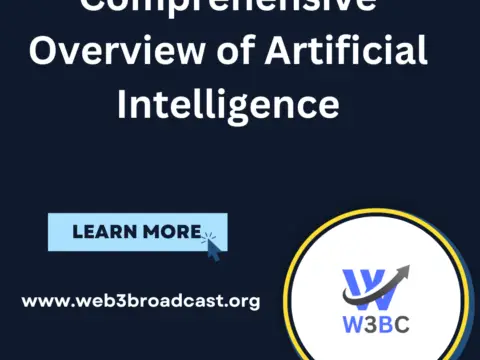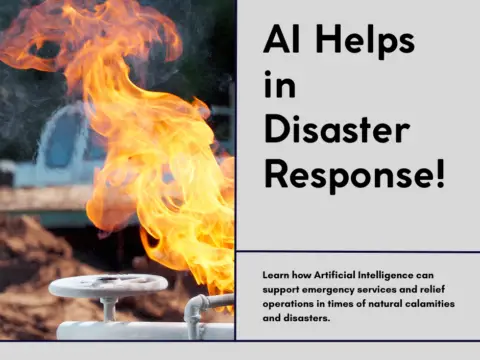Artificial Intelligence (AI) is revolutionizing the field of biotechnology, driving significant advancements in medical research, drug discovery, and healthcare delivery. Let’s explore the growing role of AI in biotechnology and its impact on accelerating medical discoveries:
1. Drug Discovery and Development:
Predictive Modeling: AI algorithms analyze vast datasets to predict molecular interactions, identify potential drug candidates, and optimize their properties for efficacy and safety.
Virtual Screening: AI-driven virtual screening platforms enable the rapid identification of molecules with therapeutic potential, streamlining the drug discovery process and reducing time and costs.
2. Precision Medicine and Personalized Treatments:
Genomic Analysis: AI algorithms analyze genomic data to identify genetic variations associated with disease risk, treatment response, and prognosis, enabling the development of personalized treatment plans.
Biomarker Discovery: AI-powered platforms identify biomarkers indicative of disease progression or treatment efficacy, facilitating early diagnosis and targeted interventions.
3. Medical Imaging and Diagnostics:
Image Analysis: AI algorithms analyze medical images, such as X-rays, MRIs, and CT scans, to detect abnormalities, diagnose diseases, and assist healthcare professionals in treatment planning.
Early Detection: AI-based diagnostic tools enable early detection of diseases, such as cancer and neurodegenerative disorders, improving patient outcomes and survival rates.
4. Drug Repurposing and Combination Therapies:
Data Mining: AI algorithms analyze biomedical literature, clinical trial data, and electronic health records to identify existing drugs with potential therapeutic benefits for new indications.
Combination Therapy Optimization: AI-driven platforms optimize combination therapies by predicting synergistic drug interactions and minimizing adverse effects, enhancing treatment efficacy.
5. Biomedical Research and Knowledge Discovery:
Literature Mining: AI-powered literature mining tools extract knowledge from vast repositories of scientific publications, uncovering insights into disease mechanisms, biological pathways, and potential drug targets.
Hypothesis Generation: AI algorithms generate novel hypotheses by integrating diverse datasets and identifying hidden correlations, guiding experimental design and hypothesis-driven research.
6. Drug Safety and Pharmacovigilance:
Adverse Event Detection: AI algorithms analyze real-world data sources, such as electronic health records and social media, to detect and monitor adverse drug reactions and safety signals.
Risk Prediction: AI-based predictive models assess the safety profile of drugs during preclinical and clinical development, reducing the likelihood of unexpected side effects.
7. Clinical Trial Optimization:
Patient Stratification: AI algorithms stratify patient populations based on molecular profiles, clinical characteristics, and treatment responses, facilitating the design of targeted clinical trials.
Trial Recruitment and Retention: AI-driven recruitment platforms identify eligible patients, optimize trial logistics, and enhance patient engagement, accelerating the pace of clinical research.
8. Regulatory Compliance and Drug Approval:
Regulatory Guidance: AI-powered platforms assist pharmaceutical companies in navigating regulatory requirements, ensuring compliance with safety, efficacy, and quality standards.
Real-World Evidence Generation: AI analytics leverage real-world data to generate evidence supporting drug efficacy and safety, complementing traditional clinical trial data in the regulatory approval process.
Conclusion:
The integration of AI into biotechnology is revolutionizing the discovery and development of medical treatments, offering unprecedented opportunities to advance healthcare and improve patient outcomes. By harnessing the power of AI algorithms, researchers and healthcare professionals can accelerate the pace of medical discoveries, unlock new insights into disease biology, and ultimately transform the way we prevent, diagnose, and treat diseases. As AI continues to evolve and mature, its role in biotechnology will undoubtedly shape the future of medicine, paving the way for a healthier and more sustainable world.




